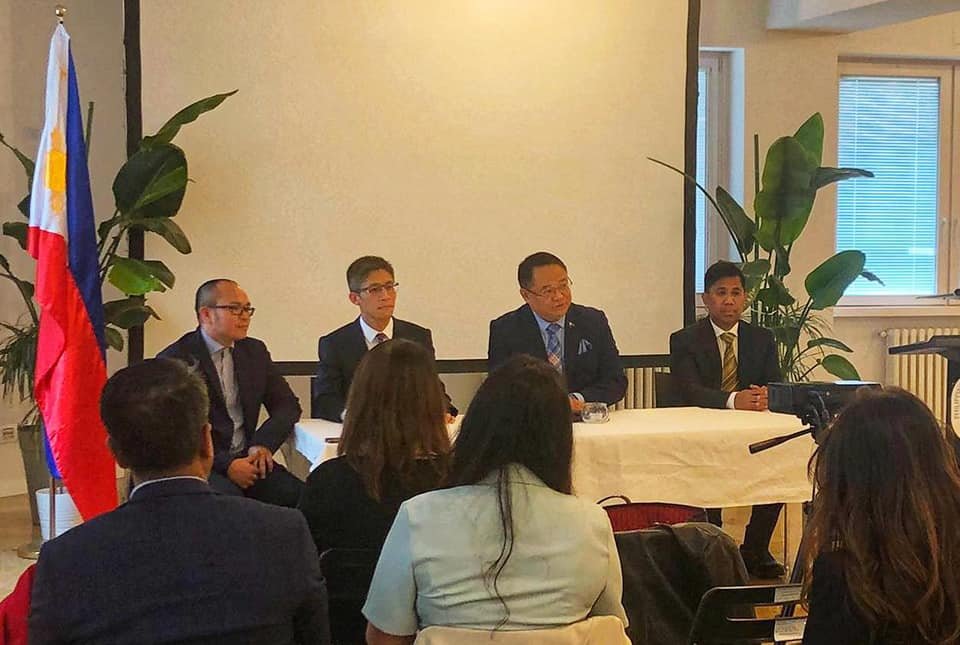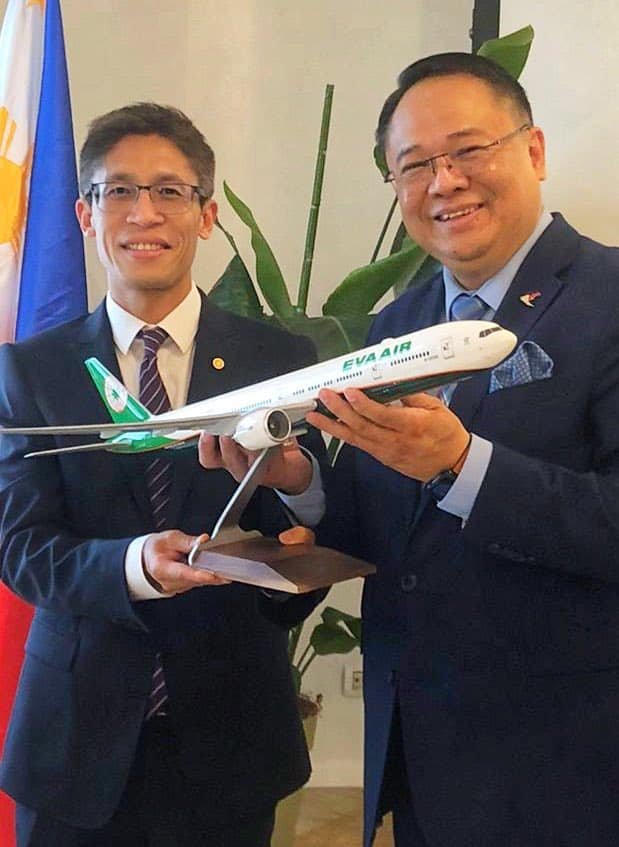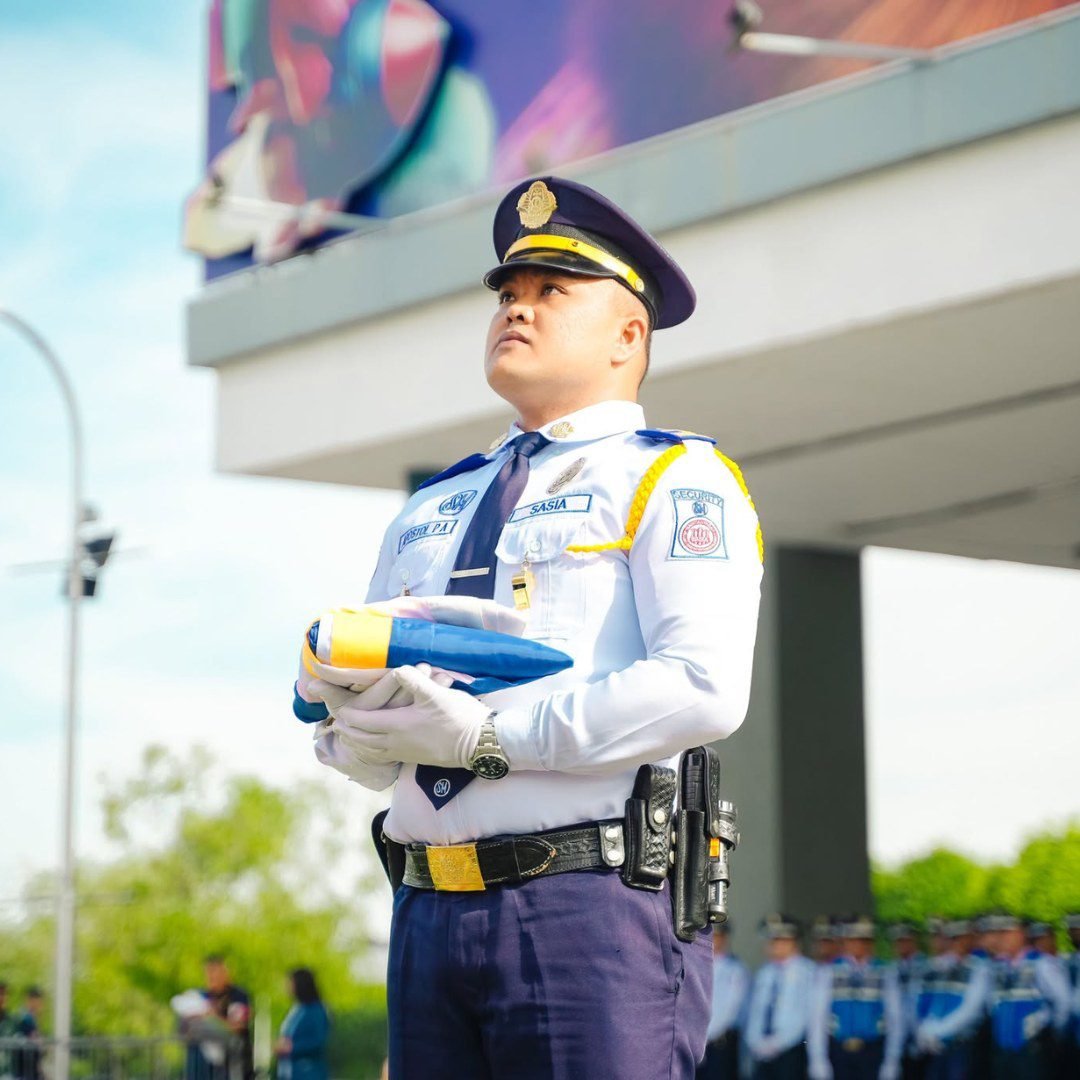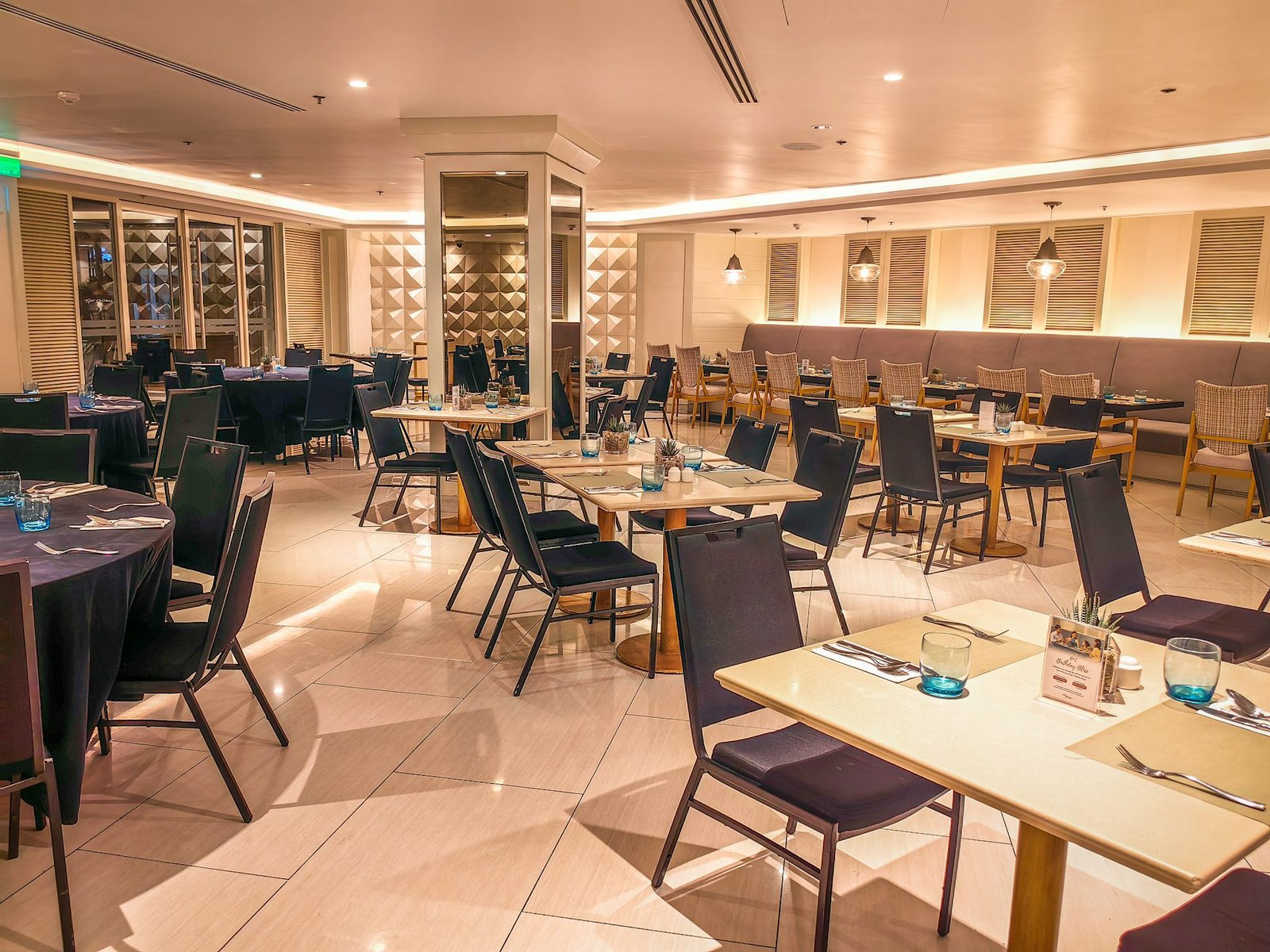With the aim of getting more Italians to visit the country, the Consulate General of the Philippines in Milan has formally launched its Amare Le Filippine (Love the Philippines) tourism promotion campaign.
The Consulate is launching the project as part of the Bagong Pilipinas vision of President Ferdinand R. Marcos, Jr. who wants to promote the Philippines as a leading international tourism destination.


“Amare Le Filippine seeks to take advantage of the positive image of our kababayan in Italy, host to the largest number of Filipinos in the European Union, to convince more Italians and second- and third-generation Filipino-Italians to visit the Philippines and enjoy what the country has to offer,” Consul General Elmer G. Cato said at a press conference announcing the program on 31 May 2024.
“We are also launching this initiative to promote better public appreciation and understanding of the Philippines here in Italy,” Consul General Cato added.
Based on data from the Department of Tourism, Italy ranked 25th in the list of countries of origin of foreign tourists who visited the Philippines last year with 22,496 visitors. It is sixth in the European Union after Germany, France, Spain, The Netherlands, and Switzerland.
The Consulate is collaborating with the Fil-Ital Associazione di Viaggi e Turismo, the Filipino Chamber of Commerce of Italy, the Bayanihan Council of Northern Italy, and EVA Airways, to bring the first batch of Italian tourists under this program to the Philippines.
For the maiden tour it hopes to mount before the end of the year, the Consulate is looking at a seven-day program that would bring participants to Manila, Pampanga, Tarlac, Bataan, and Cebu. Participants will also be given the option to visit Boracay, Palawan, Siargao or other popular tourist destinations in the country.
Consul General Cato said the Consulate will also be working with various stakeholders in the country, particularly the Department of Tourism and other national government agencies, local government units, and the private sector to ensure the success of the program.














